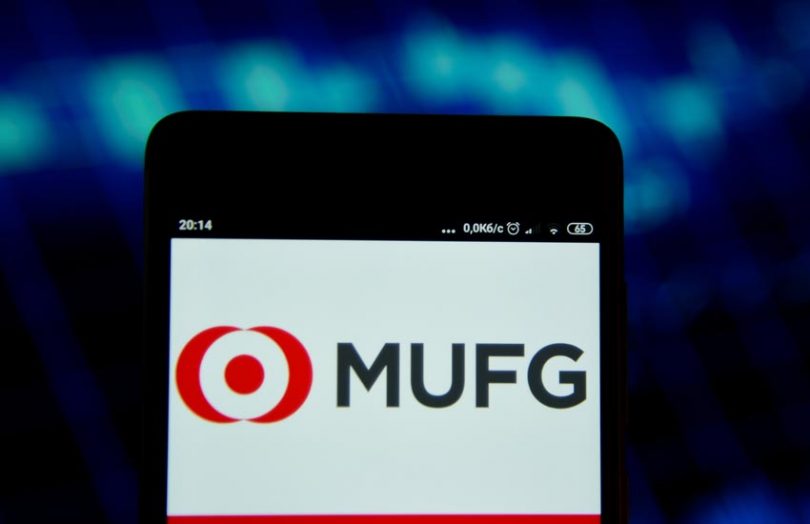Yesterday Japan’s biggest bank, MUFG, announced it is shuttering GO-NET, the IoT payments solution it set up in 2019 as a joint venture with Akamai in which MUFG held an 80% stake. GO-NET targeted high-volume, low-value digital payments such as vending machines or micro-transactions involving IoT devices.
Meanwhile, in an entirely different venture, MUFG Trust’s Progmat blockchain platform will support digital payments through stablecoins issued by multiple banks. Progmat Coin is more likely to involve higher value payments given an initial focus on securities transactions. It also has an ecosystem with 84 other business participants.
After GO-NET went live last year, MUFG says COVID impacted the business, which failed to find a strong market fit. Given that the payments platform is not expected to reach profitability within a reasonable timeframe, it decided to shutter the business.
We wonder whether MUFG might be able to find a buyer for the technology. After all, many central banks around the world are exploring central bank digital currencies (CBDCs), and the challenge is often a lack of scalability if blockchain is used. That’s something that MUFG has solved with the GO-NET solution claiming to support 100,000 transactions per second. It also complies with the IOS 8583 message standard used by Visa, Mastercard and ATMs, which addresses another CBDC requirement – interoperability with current systems.






